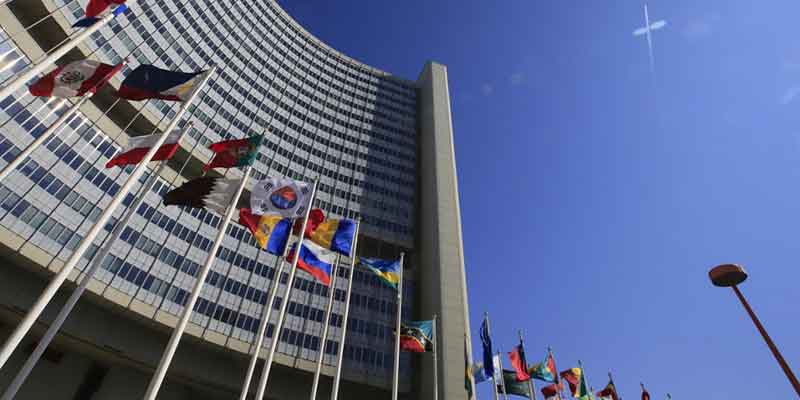- World
- Dec 26
General Assembly approves $3.72 billion UN budget for 2025
• The General Assembly wrapped up the main part of its 79th session, approving a $3.72 billion budget for the United Nations for 2025.
• In a year of ongoing fiscal constraints, delegates completed the crucial step of approving new scales of assessment — the complex financial mechanism the Secretariat uses to establish the annual contributions of each Member State — for both the regular and peacekeeping budgets.
• The approved $3.72 billion regular budget for 2025 represents an increase of about $1 million over the Secretary-General’s October proposal to the Assembly’s Fifth Committee, which oversees administrative and budgetary matters.
• It also includes technical adjustments following the adoption of other resolutions and decisions by UN intergovernmental bodies since the proposed budget was submitted. The total budget appropriation for 2025 amounts to $3,717,379,600.
Where does the UN get its money from?
• The UN gets its money basically from all the countries. There are 193 Member States.
• The UN regular budget funds the core administrative costs of the organisation, including the UN General Assembly, Security Council, Secretariat, International Court of Justice, special political missions, and human rights entities.
• The regular budget is adopted by the Assembly and covers one calendar year (January 1 to December 31).
• In addition, the UN maintains a distinct budget for peacekeeping operations, with the fiscal cycle July 1 to June 30.
• Most Assembly decisions related to the budget are adopted by consensus.
• When budget votes occur (which is rare) decisions are made by a two-thirds majority of members present and voting, with each country having one vote.
• The General Assembly determines a regular budget scale of assessments every three years based on a country’s capacity to pay.
• The amount paid by Member States is based on a complex formula that includes the size of each country’s economy. Other elements include the country’s external debt, income per capita, and level of development.
• The amounts range from a high of 22 per cent of the budget to 0.001 per cent, paid by the least developed countries.
• The United States is currently assessed 22 per cent, the highest of any UN member, followed by China (15.25 per cent) and Japan (8.03 per cent).
• For the fiscal year 2024, India’s assessed contribution of $32,895,257 was fully paid.
What happens if a country doesn’t pay its UN dues?
If the amount that a country owes is equal to what they were assessed to pay for the previous two years, they lose their vote in the UN General Assembly. They don’t get that vote back unless the General Assembly makes a special decision, or they pay enough to get below the two-year threshold, so they try to avoid owing that much.
What is the Fifth Committee?
The Fifth Committee is the General Assembly’s main Administrative and Budgetary Committee, where all financial and programme matters concerning the UN system are discussed.
Every year, it considers and approves the organisation’s budget.
Other main committees of General Assembly are:
• First Committee (Disarmament & International Security)
• Second Committee (Economic & Financial)
• Third Committee (Social, Humanitarian & Cultural)
• Fourth Committee (Special Political & Decolonization)
• Fifth Committee (Administrative & Budgetary)
• Sixth Committee (Legal).
Manorama Yearbook app is now available on Google Play Store and iOS App Store

